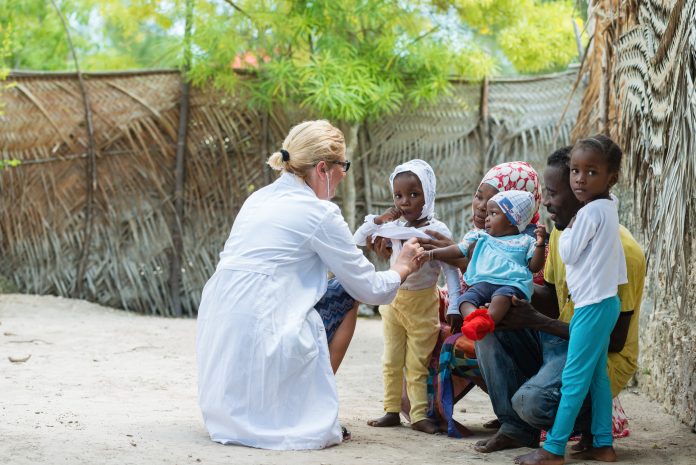The EDCTP partnership, a cornerstone of the EU’s health research initiative that funds clinical trials in Africa, needs more certainty about its future as it marks its 20th anniversary
Concerns over impending pharmaceutical legislation and budgetary constraints are casting a shadow on the sustainability of this flagship program, warns Maria da Graça Carvalho, MEP.
The need for continued global health support
Every minute, a child under five dies from malaria globally. In a breakthrough in 2021, the World Health Organization recommended the RTS, S/AS01 vaccine, followed by the recently approved R21 vaccine, offering hope to save tens of thousands of lives.
These achievements resulted from collaborations involving GSK, PATH, the Jenner Institute at Oxford University, the Serum Institute of India, and Novavax. Crucially, the Horizon Europe-funded EDCTP played a vital role by providing direct funding for clinical trials, implementation studies, and support to enhance regulatory and clinical capacities.
EDCTP
Established in 2003, EDCTP is an African-European partnership addressing infectious diseases. As it celebrates its 20-year journey, EDCTP serves as a reminder of the enduring values of solidarity, cooperation, and scientific excellence in tackling global health challenges.
As discussions on the successor to Horizon Europe unfold, securing ongoing support for global health, particularly in neglected areas, is crucial. Investing significantly in early research, especially in technologies like mRNA vaccines, is essential. Post-COVID-19, there’s increased focus on funding research for infectious diseases posing a pandemic risk to Europe.
Developing treatments for neglected diseases
With limited private investment, developing treatments for neglected diseases face challenges due to the need for sustained funding. Through Horizon Europe, EDCTP, EMA’s EUM4all procedure, and the Team Europe Initiative, the EU plays a vital role in addressing neglected infectious diseases.
However, recent attempts to revise the EU’s pharmaceutical legislation are concerning, as they need to pay more attention to the global impact and contradict commitments in the EU’s Global Health Strategy. This presents a missed opportunity to enhance the impact of EU investments in EDCTP.
The legislation revision could instead introduce innovative incentives, like a priority review program, mirroring the US model. Such incentives could fast-track approval for a second drug, benefiting developers with an estimated €100 million per approved product, nearly matching the yearly total of EU funding for neglected infectious disease research.
The success of EDCTP depends on an ambitious successor program and maximising the current partnership’s budget potential through matched funding from participating states and private and philanthropic entities.














